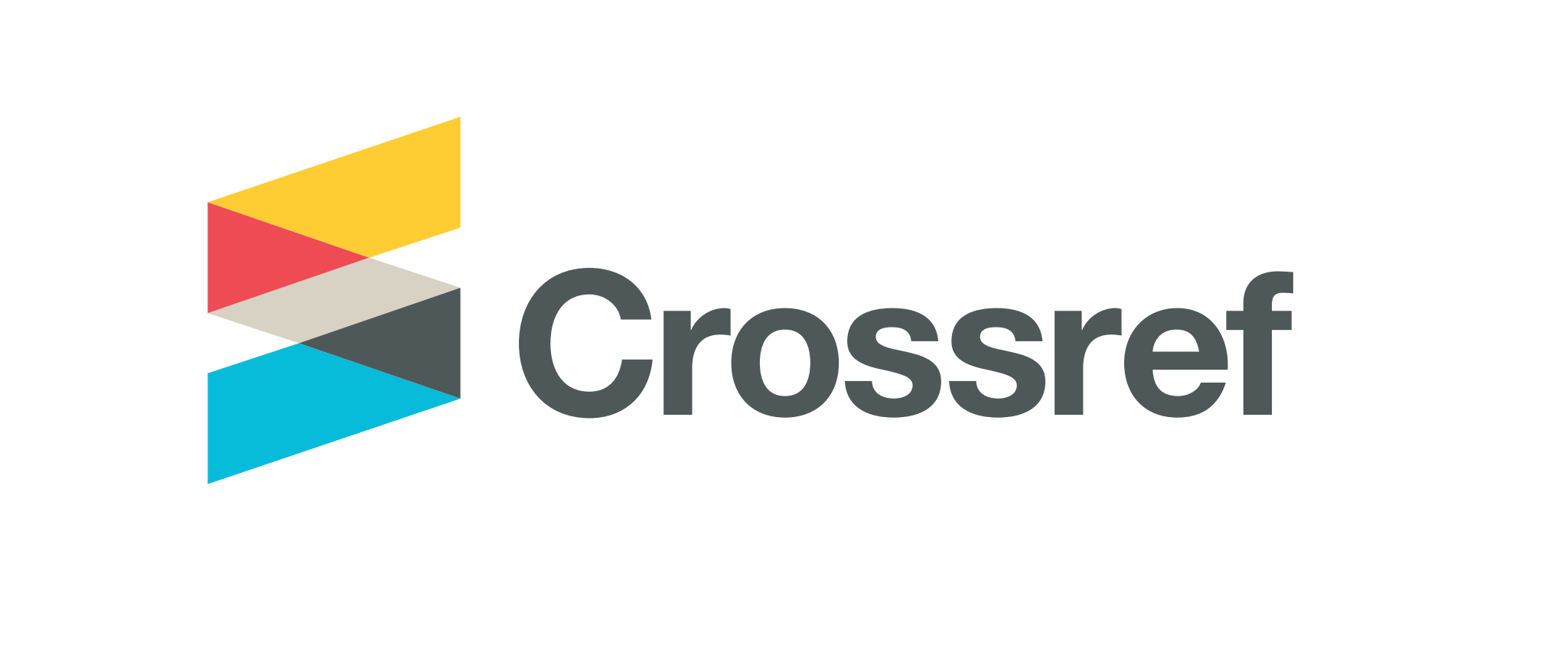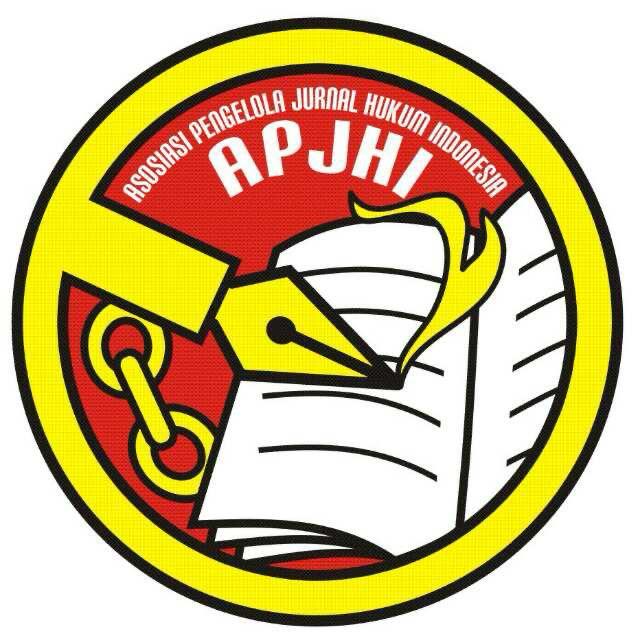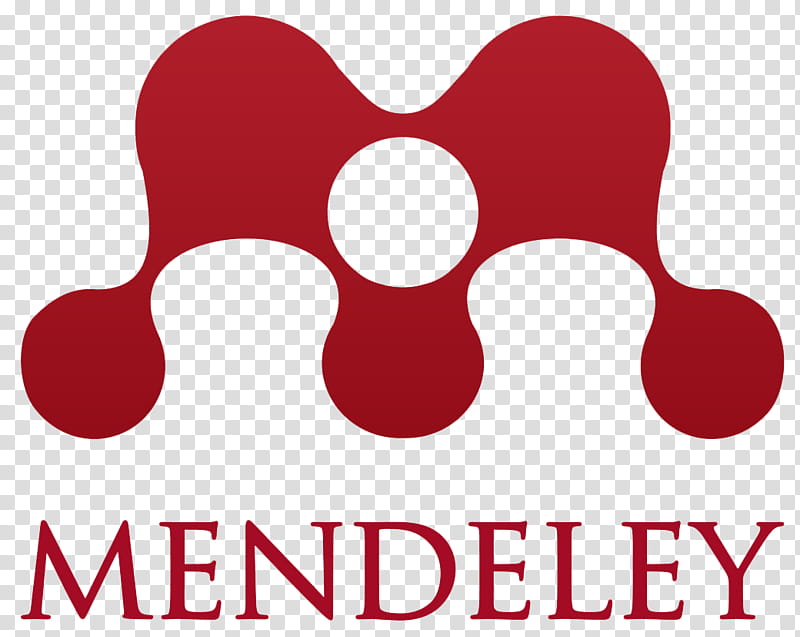Publication Ethics
The Recht Studiosum Law Review is committed to maintaining the highest ethical standards for all parties involved in the act of publishing in a peer-reviewed journal: the author, the editor of the journal, the peer reviewer and the publisher Recht Studiosum Law Review publishing ethics, both internally and externally and we state the following principles of Publication Ethics and Malpractice Statement based on Committe of Publication Ethics (COPE) standard. All articles not in accordance with these standards will be removed from the publication at any time even after the publication. In accordance with the code of conduct we will report any cases of suspected plagiarism or duplicate publishing to the relevant authorities. The Journal reserves the right to use plagiarism-detecting software to screen submitted papers at all times.
EDITOR RESPONSIBILITIES:
- Accountability and Plagiarism: The editors of a peer-reviewed journal are accountable and responsible for deciding which articles submitted to the journal should be published. The editor may be guided by the policies of the journal's editorial board and constrained by legal requirements as shall then be in force regarding libel, copyright infringement and plagiarism. It is our routine procedure to run all submission through plagiarism detection software. Our acceptance rate is <25%. The editor may confer with other editors or reviewers when making this decision.
- Fair play: An editor should evaluate manuscripts for those intellectual content without regard to race, gender, sexual orientation, religious belief, ethnic origin, citizenship, or political philosophy of the authors.
- Confidentiality: The editor and any editorial staff must not disclose any information about a submitted manuscript to anyone other than the corresponding author, reviewers, potential reviewers, other editorial advisers, and the publisher, as appropriate.
- Disclosure and conflicts of interest: Privileged information or ideas obtained through peer review must be kept confidential and not used for personal advantage. Reviewers should not consider manuscripts in which they have conflicts of interest resulting from competitive, collaborative, or other relationships or connections with any of the authors, companies, or institutions connected to the papers.
REVIEWER RESPONSIBILITIES:
- Reviewers must keep information pertaining to the manuscript confidential. Reviewers must bring to the attention of the Editor-in-Chief any information that may be reason to reject publication of a manuscript. Reviewers must evaluate manuscripts only for their intellectual content.
- Each paper is first reviewed by the editor and, if it is judged suitable for this publication, it is then sent to two referees for double blind peer review. Manuscripts will be reviewed by the Editorial Board and at least one independent referee. Decisions regarding the publication of a manuscript will be based on the Board's recommendations. Manuscripts submitted by members of the journal's Editorial Board are subjected to the same review procedure.
- The reviewers will evaluate manuscripts based on the content without considering genders, sexual preference, religious belief, citizenship, ethnic and origin, or political philosophy of the authors.
- The reviewers need to assure the confidentiality of the information in the manuscript.
- The reviewers need to report to the Editor-in-Chief if they find any violation in the manuscript.
- The reviewers need to evaluate the manuscripts as objective as possible and the results of the review present their opinion on the works.
- The reviewers who feel unqualified to review the research reported in a manuscript or knows that its prompt review will be impossible should notify the Editor-in-Chief and excuse himself from the review process.
AUHTOR RESPONSIBILITIES:
- Reporting standards: Authors should present their results clearly, honestly, and without fabrication, falsification or inappropriate data manipulation. Authors should describe their methods clearly and unambiguously so that their findings can be confirmed by others
- Originality, plagiarism and acknowledgement of sources: Authors should adhere to publication requirements that submitted work is original, is not plagiarized, and has not been published elsewhere - fraudulent or knowingly inaccurate statements constitute unethical behavior and are unacceptable. If an author has used the work and/or words of others, that this original is been appropriately cited or quoted and accurately reflects individuals contributions to the work and its reporting.
- Data Access and Retention: Authors may be asked to provide the raw data in connection with a paper for editorial review, and should in any event be prepared to retain such data for a reasonable time after publication.
- Ethics: Authors should only submit papers only on work that has been conducted in an ethical and responsible manner and that complies with all relevant legislation.
- Disclosure and Conflicts of Interest: All authors should disclose in their manuscript any financial or other substantive conflict of interest that might be construed to influence the results or interpretation of their manuscript. All sources of financial support for the project should be disclosed.
- Authorship of the Paper: Authorship should be limited to those who have made a significant contribution to the conception, design, execution, or interpretation of the reported study. All those who have made significant contributions should be listed as co-authors. Where there are others who have participated in certain substantive aspects of the research project, they should be acknowledged or listed as contributors. The corresponding author should ensure that all appropriate co-authors and no inappropriate co-authors are included on the paper, and that all co-authors have seen and approved the final version of the paper and have agreed to its submission for publication.
- Multiple, Redundant or Concurrent Publication: An author should not in general publish manuscripts describing essentially the same research in more than one journal or primary publication. Submitting the same manuscript to more than one journal concurrently constitutes unethical publishing behavior and is unacceptable.
- Fundamental errors in published works: When an author discovers a significant error or inaccuracy in his/her own published work, it is the authors obligation to promptly notify the journal editor or publisher and cooperate with the editor to retract or correct the paper.
RETRACTION POLICY
Basically, journal editors cannot independently deciding which articles shall be published. In making decisions regarding publishing, editors are guided by the policies of the journal's editorial board and are limited by applicable legal requirements relating to defamation, copyright infringement, double publishing, and plagiarism. Articles that have been published will remain extant, exact and unaltered as far as is possible. However, under certain circumstances can arise where articles that have been published must then be withdrawn or even deleted. Such actions should not be carried out except in exceptional circumstances.
A retraction of articles that have been published can be initiated by journal editors, by authors and/or their institutions. In certain cases the retraction must be accompanied by an apology for the previous mistakes and/or expressions of gratitude to those who revealed the error to the author. A retraction of published scientific articles must be accompanied by a statement that the original article must not be published and that data and conclusions should not be used as part of the basis for future research.
Article withdrawal
This circumstances can occur if the initial version of the article contains an error, or may have been accidentally sent twice to both the recht studiosum law review publisher. In addition, it can also occur due to an element of infringements of the scientific code of ethics, such as double submissions, false claims of authorship, plagiarism, self-plagiarism, fraudulent use of data or the like. Articles that meet the element of infringements of the code of ethics upon the awareness of the author can make a withdrawal of his article accompanied by a letter of statement withdrawal addressed to the editorial board of the recht studiosum law review.
Article retraction
A retraction is carried out if an article is indicated to have Infringements of scientific ethical codes, such as double submissions, false claims of authorship, plagiarism, self-morningism, fraudulent use of data, fake authors or the like. Also, a retraction will be used to correct errors in submission or publication. A retraction of an article by the author or editor under the advice of the editorial board of the recht studiosum law review. There are several forms of recraction carried out by the recht studiosum law review, i.e.:
- If the infragements of the scientific code of ethics are indicated before the article published, the editor will return the manuscript to the author accompanied by a retraction letter from the Chief Editor;
- If the infragements of the scientific code of ethics are indicated after the article published, there are several mechanisms that can occur:
- A retraction note titled Retraction: [article title] signed by the authors and/or the editor is published in the paginated part of a subsequent issue of the journal and listed in the contents list.
- The online article is preceded by a screen containing the retraction note. It is to this screen that the link resolves; the reader can then proceed to the article itself.
- The original article is retained unchanged save for a watermark on the .pdf indicating on each page that it is retracted.
- The HTML version of the document is removed.
Article removal: legal limitations
In an extremely limited number of cases, it may be necessary to remove an article from the online database of the recht studiosum law review. This will only occur where the article is clearly defamatory, hoax, infringes others legal rights, a court order, and endangering state security. In these circumstances, while the metadata (Title and Authors) will be retained, the text will be replaced with a screen indicating the article has been removed for legal reasons.
Article replacement
In cases where the article, if acted upon, might pose a serious health risk, the authors of the original article may wish to retract the flawed original and replace it with a corrected version. In these circumstances the procedures for retraction will be followed with the difference that the database retraction notice will publish a link to the corrected re-published article and a history of the document.










